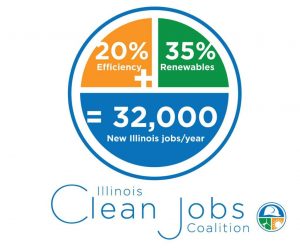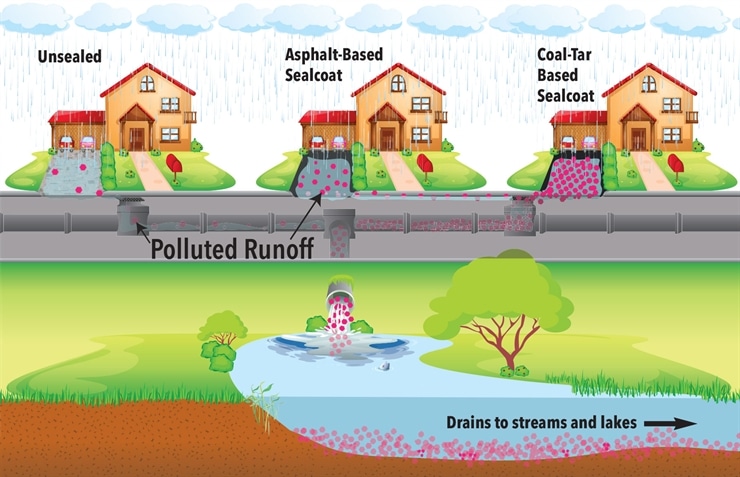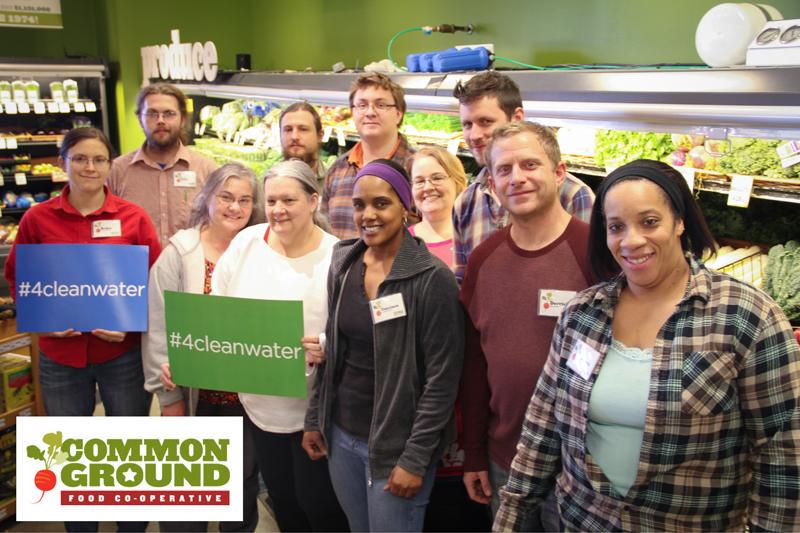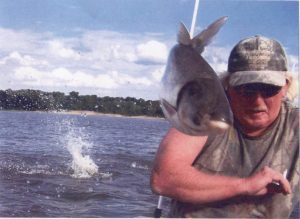The political process moves quickly sometimes and it can be hard to stay abreast of everything that’s happening. That’s where we come in!
Below you’ll find a brief list of a few recently introduced legislative bills, both at the state and federal levels, that we believe our membership might be particularly interested in. If you’d be interested in actively working to support these bills and other environmental efforts, you should consider joining Environmental Lobby Day. Even if you can’t attend this year, you can always help by contacting your representatives via phone, email, or social media in support of these efforts.
—–
IL Clean Jobs Bill
HB2607. Sponsors: Reps. Elaine Nekritz, Robyn Gabel, Michael Fortner, and Christian Mitchell
SB1485. Sponsors: Sens. Don Harmon, David Koehler, and Jacqueline Collins.

Raises the utility energy efficiency standard to 20%, meaning electric utilities should achieve a 20% reduction in electricity demand by 2025. The utility energy efficiency standard spurred an industry that employs tens of thousands in design technology, weatherizing, and insulation.
Raises the renewable portfolio standard (RPS) from 25% by the year 2025, to 35% by 2030. The RPS obligates electricity suppliers to produce 35% of their electricity from renewable sources. The higher percentage and longer time period help attract renewable energy investors to the state.
Empowers the Illinois EPA to develop a market-based strategy for reducing carbon emissions by capping power plant carbon emissions and auctioning carbon credits. 65% of auction proceeds would go to fund energy efficiency and renewable energy, 5% to assist low income customers with energy bills, 10% to help communities polluted by power plants and an additional 5% for job transition assistance for workers affected by power plant closures.
Passage of this bill could translate into 32,000 new jobs per year in Illinois!
Protect the Mahomet Aquifer
HB1326. Sponsors: Rep. Carol Ammons
SB1698.Sponsors: Sen. Scott Bennett

Prohibits the disposal of polychlorinated biphenyls (PCBs), in any landfill where leachate could contaminate the Mahomet Aquifer, the primary source of drinking water for hundreds of thousands of people in 14 Illinois counties.
Once in the environment, PCBs do not readily break down and may remain for long periods of time cycling between air, water, and soil. PCBs have been demonstrated to cause cancer, as well as a variety of other adverse health effects on the immune system, reproductive system, nervous system, and endocrine system.
Ban on Coal Tar Sealants
HB2401. Sponsor: Rep. Laura Fine

Bans the sale and use of coal tar sealants in Illinois. Coal tar sealants, commonly used to seal driveways and parking lots, contain hazardous chemicals known as polycyclic aromatic hydrocarbons (PAHs), which elevate cancer risks in humans and are toxic to mammals, birds, fish and frogs. The sealants gradually wear off and break down into particles that are washed off by rain into streams and tracked into homes on the soles of shoes.
Support Food Cooperatives
HB3830. Sponsor: Rep. Will Guzzardi
Encourages growth of food cooperatives by modernizing Illinois Cooperative Act of 1915.
HB3830 is the product of a coalition of existing co-ops, prospective co-ops, and co-op law experts working together to develop a new modern law for co-ops in Illinois. HB3830 will make it easier for co-ops to raise capital and permit the formation of worker owned co-ops and provide better governance structure and options for co-ops. It was modeled in part after Ohio’s co-op law which is considered one of, if not the best in the U.S.

Defending Our Great Lakes Act
S.589. Sponsor: Senator Debbie Stabenow [D, MI]
H.R. 1135. Sponsor: Rep Candice Miller [R, MI]
 Federal bill that authorizes near-term actions at the Brandon Road Lock and Dam in Joliet, Illinois to prevent the spread of Asian carp into the Great Lakes. Requires the Army Corps of Engineers to lead construction of an engineered channel with control technologies like carbon dioxide bubble screens, underwater sound and hydro-cannons, and pheromones at a critical point near the western end of the Chicago Area Waterway System. Requires these near-term, one-way measures fit within a long-term strategy to prevent invasive species moving downstream as well.
Federal bill that authorizes near-term actions at the Brandon Road Lock and Dam in Joliet, Illinois to prevent the spread of Asian carp into the Great Lakes. Requires the Army Corps of Engineers to lead construction of an engineered channel with control technologies like carbon dioxide bubble screens, underwater sound and hydro-cannons, and pheromones at a critical point near the western end of the Chicago Area Waterway System. Requires these near-term, one-way measures fit within a long-term strategy to prevent invasive species moving downstream as well.







